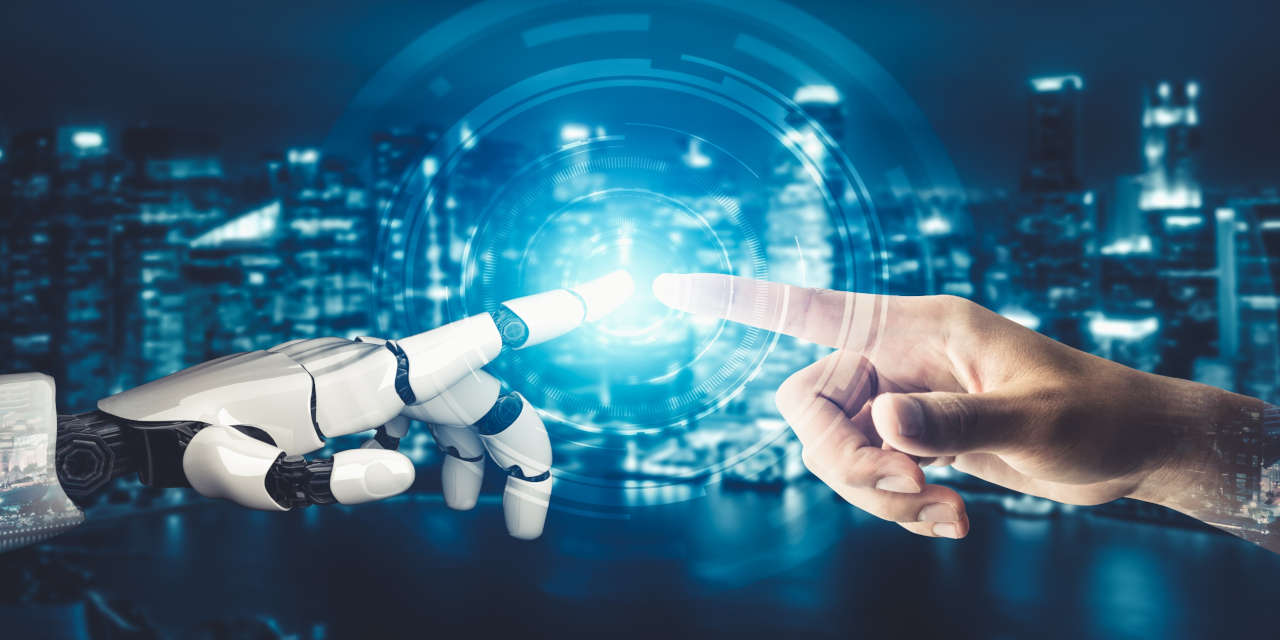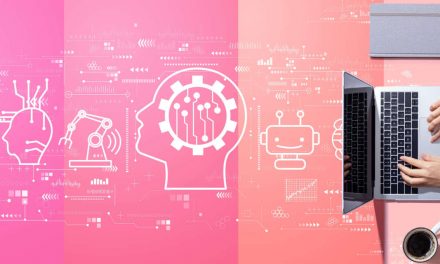By Jack Cumming
Does the prospect of robots coming to your workplace fill you with dread? Perhaps. Or, we can ask that a different way. Does your doing a job that might be done by a robot make you feel useless? Probably. If you lost your job to a robot, could you adapt to a new job? Most likely.
Fear of the Unknown
There’s a great deal of mystique and misapprehension around the idea of robots. Consider that an automobile is no more than a robotic horse and buggy. We know that the automobile led to more and better jobs, but did it feel that way at the time? Probably because it was a consumer product that consumers wanted, few decried the jobs lost to the arrival of automobiles because everyone wanted one.
With the benefit of an historical perspective, we now know that the automobile heralded the arrival of a new era for Americans. Seldom do we hear the automobile blamed for the Great Depression, even though the ubiquity of “horseless carriages” was the defining robotic transformation of its time. As new technologies get accepted they transform from scary terms like “robots” into more acceptable terminology like “automated coffeemaker.”
A Tough Task
These thoughts come to mind because our air conditioning unit is being replaced as I write. The installer came alone, but halfway through the job he needed help, to help lift the unit in above the ceiling, to hold it in place, while he fastened the clips that would secure it permanently.
Now think of it. Suddenly, a one-person job becomes a two-person job. He would only need a helping hand for one part of the job, but a helper would have to be with him for the full duration of the task. That would increase the cost of the installation considerably. One can quickly imagine using a two-by-four with a nailed on platform to hold the unit in place while the clips are fastened. That would be a simple robot.
As it turned out, the installer juggled the unit with one hand, propping it in place, while adroitly fastening the clips with the other. Time was lost till he figured that out and accomplished the task, also increasing the cost of the installation. It also put the installer (and the lofted unit) into a kind of jeopardy during the completion of the ticklish process.
Technology Is Products
This got me to thinking. Technology is about products. People can dream of futuristic opportunities and fears, but they are only science fiction until someone actually crafts a product that becomes a tool to improve human welfare. It must have been like that millennia ago when some bright person saw the potential for a lever, or a hammer, or more complex a rope hoist.
This reflection led me to imagine that most two-person tasks, with a master craftsperson and an assistant, can likely be transformed into one-person tasks with some simple ingenuity. In senior living, we already use the Hoyer hoist to lift people who can’t lift themselves. I don’t know who Hoyer was, but thank heavens for Mr. Hoyer. As it turns out, Professor Google tells us that Ted Hoyer was himself paralyzed from the neck down. Necessity is often the mother of invention.
Robot Assistant
Returning to our air conditioning installation challenge, it’s surprising that there isn’t a generic jack tool that could be used to raise a heavy unit like that and hold it in place so the installer could work without strain. It would probably be relatively easy to adapt an existing car or other lifting jack or hydraulic assembly to handle tasks like this.
Would we call such an “assistant” a robot? Probably not. Why aren’t such “robotic” assistants commonly available now? Answer: no good reason. The Hoyer lift wasn’t invented until the 1940s. Sometimes what’s needed, and what seems obvious, simply doesn’t exist. If such an hydraulic assistant were available, would fear of job loss lead to legislation preventing its use? I sure hope not.
Passion of the Moment
The hot new item just now is the public exposure that ChatGPT has brought to advances in machine learning now labeled ominously as “artificial intelligence.” The fear is that one day in the not-too-distant future, AI may develop emotions and power lust and set out to take over the world, eliminating the human species. Perhaps we should have feared selective breeding in an earlier time of animal husbandry and vegetable farming.
Whenever new tools emerge to improve human existence there is the potential for fear to prevail over benefits. If we share the benefits of economic advance fairly with our entire human community, though, it’s far more likely that humankind will be better off. The peaceful use of our ingenuity with tools can help give us sufficient plenty so that humankind may be able to come together in harmony without the need for conflict.








